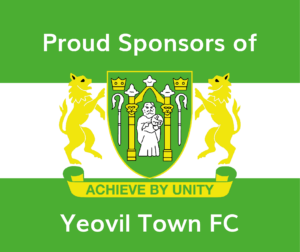Third largest private sector employer in the country. It generates £38billion in tax, and overall is worth £130billion. It’s the fastest growing sector since the economic crash in 2008. Hospitality is back! Or is it?
Last week, UKHospitality held their inaugural conference on the state of the wider F&B industry in the UK – called Shaping the Future – and the figures are astounding. Hospitality is considered one of the fastest growing and exciting prospects for employers, employees and investors. F&B has always had established pride of place in the UK, but UKH’s conference has confirmed that it continues to deliver consistent growth.
However, reportedly there are some severe contrasts to the conference’s findings from other sources.
According to CAMRA (Campaign for Real Ale), an average of 18 pubs a week are closing their doors in the UK – due to an oft-criticised business rate hike and high beer duty – and a generational change in drinking and eating habits has shifted the balance of power to the less price prohibitive off-trade and food led service.
No matter the boozy blip that was the World Cup, habitual drinking has dropped, the eat-out industry has skyrocketed, and younger people drink less. This movement has shaken the established order of things, and over the last decade this shift has disrupted the customer expectation, supply chain support and solidified the F&B ecology to be distinctly city-centric, where innovation can be supported by an inflated customer base.
The solidifying of Hospitality as a cornerstone of UK industry belies it’s presence in our Market towns and on our town and village high streets, which is uniformly falling (away from larger metropolitan areas), and as an industry that provides a career path. Often it’s considered a stop gap, skills-less, or anti-social despite its huge pulling power, impressive employee numbers and continued growth nationally.
In our unique area as the gateway to the South West, “Hospitality” is highly seasonal, and can be seen as inconsistent. But it’s also seen as central to community life and the focal point for people to celebrate, relax, meet and make merry.
So how are national successes within the industry communicated and advocated by businesses in the South West? The days of the Pub as the hub of community life might be slipping away, but how can we, in Market Towns and Holiday Hotspots, support community industry better? Are Community Owned Pubs the way forward? Or is it a case of attacking the powers that be to drop business rates for SME’s and adjusting beer duty in the wake of Brexit? Or is it a wider conversation around drinking culture which, for better or worse, is legion in the UK?
One Step will continue to fight for the success of our community – and if you want to get started in a career in hospitality give us a call!

